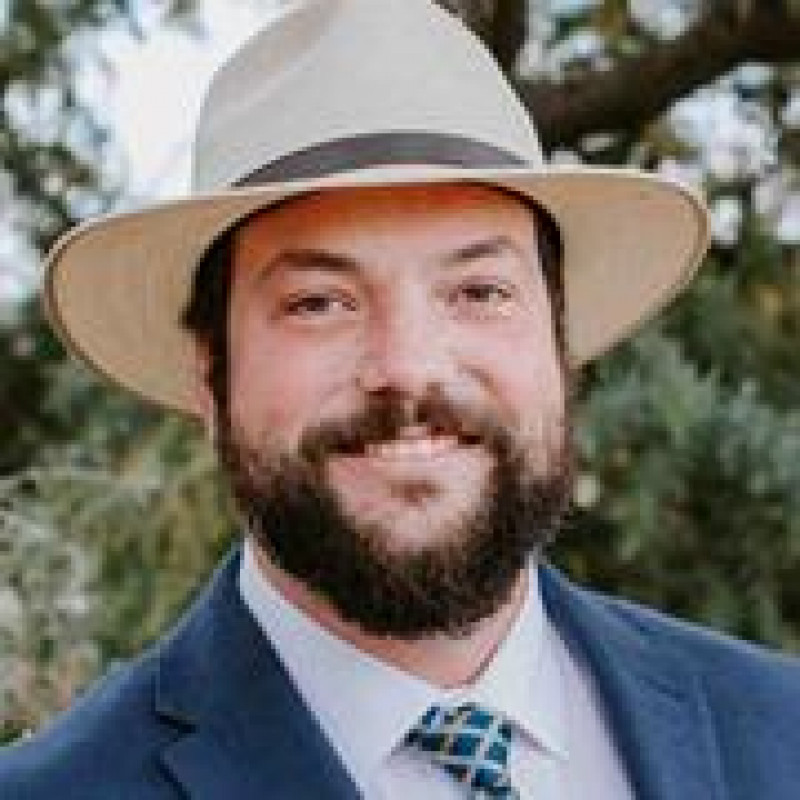News Details

|
Topic description / abstract:
In this talk, I use the term "behavioral modernity" to refer to the establishment of a lifeway among our ancestors that was intuitively on par with that of ethnographically known hunter-gatherers. This notion is thus inherently inclusive of a wide range of human social, cognitive, and technological traits. I argue that the production and maintenance of larger and more diverse packages of common knowledge among various human social groups was a crucial driver of this transition. Here, "common knowledge" refers to information that is not just shared by a group of agents, but which is mutually known to be shared by those agents. I shall pay special attention to the role of material symbols in this process, focusing in particular on the essentially public and normative dimension of such symbols. With this increase in common knowledge came new and more complex opportunities for collaborative action, generating, in turn, additional forms of common knowledge, etc. The result was a common knowledge-collaborative action feedback loop that propelled our ancestors towards full-fledged behavioral modernity, I suggest.
Biographical note:
Ronald Planer obtained his PhD in Philosophy and Cognitive Science from Rutgers University, New Brunswick, in 2015. After that, he carried out post-doctoral research on the evolution of language at the Australian National University and the University of Melbourne. Currently, he is a Lecturer in the School of Liberal Arts at the University of Wollongong, where he also serves as Head of Post-Graduate Studies.
He researches a wide variety of topics relating to behavioral, social, and cognitive evolution, especially as regards humans, hominins, and other great apes. Though he is trained as a philosopher and cognitive scientist, he has developed broad competences across a range of fields and methodologies. These include evolutionary and developmental biology, archeology, anthropology, and linguistics.
He has published 30+ journal articles and an MIT Press book on the evolution of language (with Kim Sterelny). He was recently a Research Fellow at the Words, Bones, Genes, and Tools Center at the University of Tübingen and is currently a Visiting Fellow at the KLI. He maintains a rich global network of research connections with world-leading experts in human evolution, culture, and language.

